Low Cost Travel Europe opens up a world of exciting possibilities. SIXT.VN helps you explore Europe without breaking the bank, offering affordable transportation options and expert travel tips. Discover how to make your dream European adventure a reality, with budget-friendly travel experiences.
1. Is Taking Buses The Cheapest Way To Travel Europe?
Yes, buses are often the cheapest way to travel Europe. They offer a cost-effective alternative to trains and flights, especially for long distances. According to a 2023 study by the European Travel Commission, bus travel is up to 70% cheaper than train travel on certain routes.
Here’s why buses are a budget-friendly option:
- Low fares: Bus tickets can be incredibly affordable, with prices starting as low as €5 on some routes.
- Extensive network: Buses cover a wide range of destinations, connecting major cities and smaller towns.
- Convenient amenities: Many buses offer onboard Wi-Fi, power outlets, and comfortable seating.
Popular bus companies in Europe:
- FlixBus: Known for its extensive network and low prices.
- Eurolines: Offers a wide range of routes across Europe.
- RegioJet (Student Agency Bus): Provides luxurious bus travel at affordable prices, especially in Central Europe.
- Megabus: Offers very cheap tickets, especially in the UK, if booked early.
- National Express: Reliable and punctual in the UK, with early booking discounts.
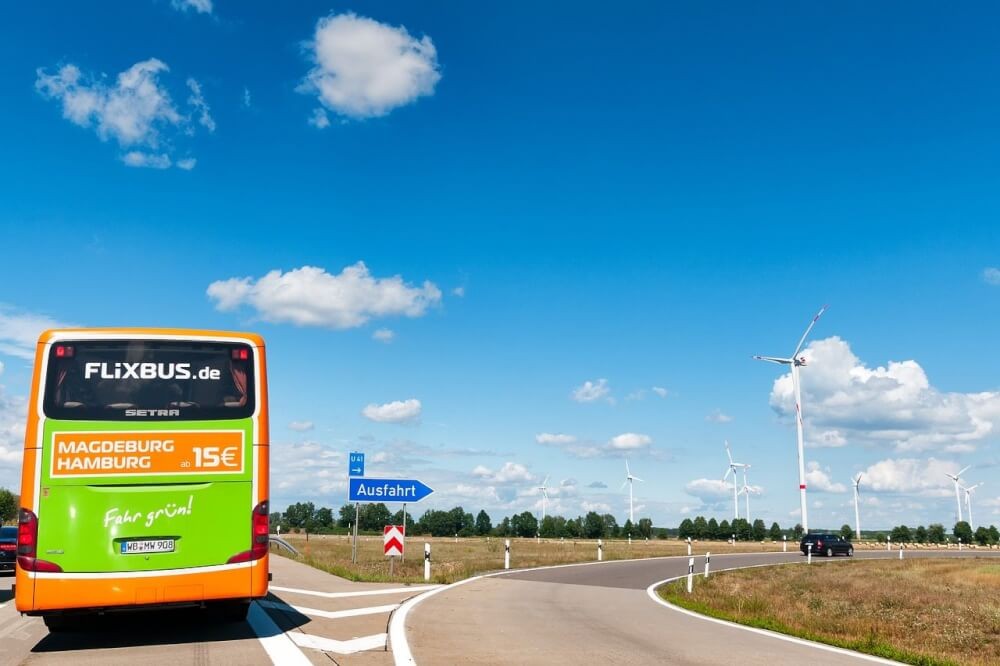 Flixbus offers affordable and extensive bus routes across Europe, making it ideal for budget travelers
Flixbus offers affordable and extensive bus routes across Europe, making it ideal for budget travelers
2. How Can Budget Airlines Help With Low Cost Travel Europe?
Budget airlines are excellent for low cost travel Europe, providing cheap flights between numerous destinations. These airlines offer fares that are often competitive with bus and train travel, especially if booked in advance. According to a 2022 report by Skyscanner, budget airlines can save travelers up to 50% on airfare compared to traditional airlines.
Key budget airlines in Europe:
- Ryanair: Known for its very low fares and extensive route network.
- EasyJet: Offers a good balance of price and service.
- Wizz Air: Specializes in routes to Central and Eastern Europe.
- Volotea: Focuses on connecting smaller cities.
- Eurowings: A German low-cost airline with a wide network.
- Vueling: Popular for flights within Spain and to other European destinations.
Tips for flying with budget airlines:
- Book early: The earlier you book, the lower the fare is likely to be.
- Travel light: Budget airlines often charge extra for checked baggage.
- Be aware of extra fees: Additional costs can include seat selection, priority boarding, and printing your boarding pass at the airport.
- Use flight comparison websites: Sites like Skyscanner and Omio help you find the best deals on flights.
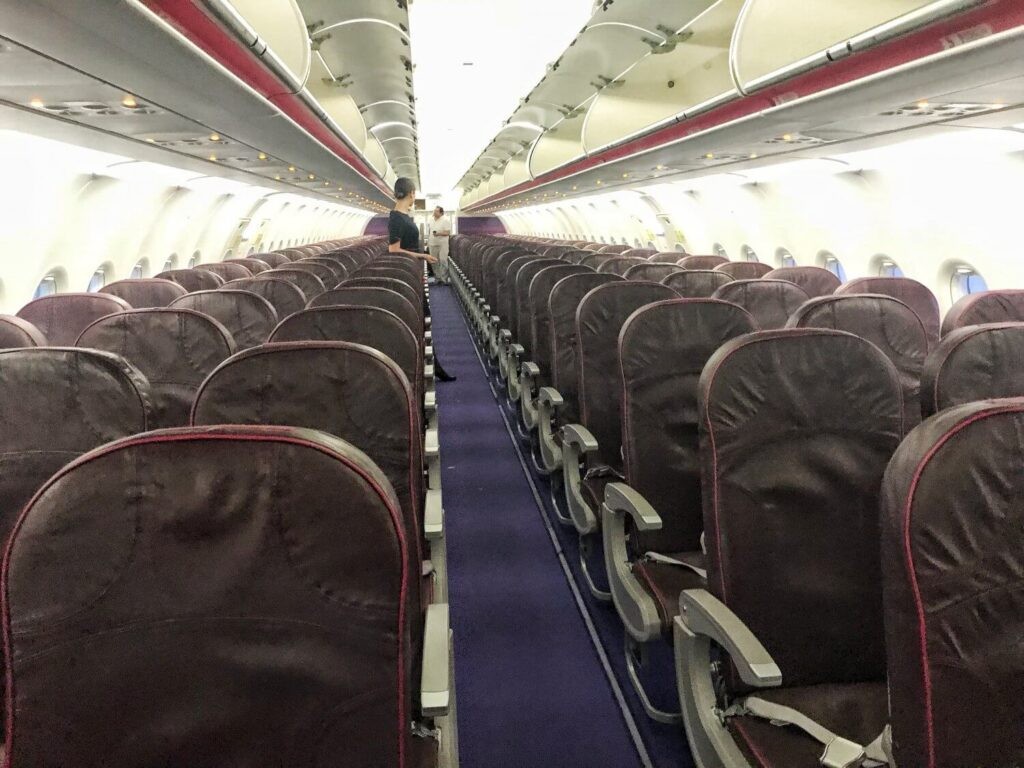 Wizz Air provides budget-friendly travel options, particularly to Central and Eastern European destinations
Wizz Air provides budget-friendly travel options, particularly to Central and Eastern European destinations
3. What Is BlaBlaCar And How Does It Contribute To Cheap Travel?
BlaBlaCar is a carpooling service that connects drivers with empty seats to passengers looking for affordable transportation. This service allows travelers to share the cost of gas and tolls, making it a cheaper alternative to trains and buses. According to BlaBlaCar’s official website, using their service can save passengers up to 60% compared to traditional transportation methods.
How BlaBlaCar works:
- Find a ride: Search for rides between your desired locations.
- Book a seat: Reserve a seat in a car that matches your itinerary.
- Share the cost: Contribute to the cost of the trip, typically covering gas and tolls.
- Enjoy the ride: Travel comfortably and meet new people along the way.
Benefits of using BlaBlaCar:
- Affordable: Often cheaper than buses or trains.
- Convenient: Offers rides to a variety of destinations, including smaller towns.
- Social: A great way to meet locals and fellow travelers.
- Flexible: Can be more flexible than traditional transportation options.
 BlaBlaCar connects drivers and passengers for affordable travel, promoting community and cost-sharing
BlaBlaCar connects drivers and passengers for affordable travel, promoting community and cost-sharing
4. Is Hitchhiking A Viable Option For Low Cost Travel Europe?
Hitchhiking is a very low cost way to travel Europe, but it’s not for everyone. It involves getting free rides from strangers, which can be unpredictable and potentially risky. While it can be an adventurous way to see the continent, safety should always be a top priority. According to a 2021 survey by Nomadic Matt, hitchhiking is more common and generally safer in Eastern Europe and the Balkans than in Western Europe.
Tips for safe hitchhiking:
- Travel with a friend: It’s safer to hitchhike with a companion.
- Choose safe locations: Pick spots where drivers can easily see and stop for you.
- Trust your instincts: If you feel uncomfortable with a driver, don’t get in the car.
- Share your location: Let friends or family know where you are and where you’re going.
- Be prepared: Carry a map, water, and snacks.
Regions where hitchhiking is more common:
- Eastern Europe: Countries like Poland, Czech Republic, and Slovakia.
- The Balkans: Regions such as Bosnia, Serbia, and Croatia.
- Scandinavia: Although generally safe, be prepared for long distances between rides.
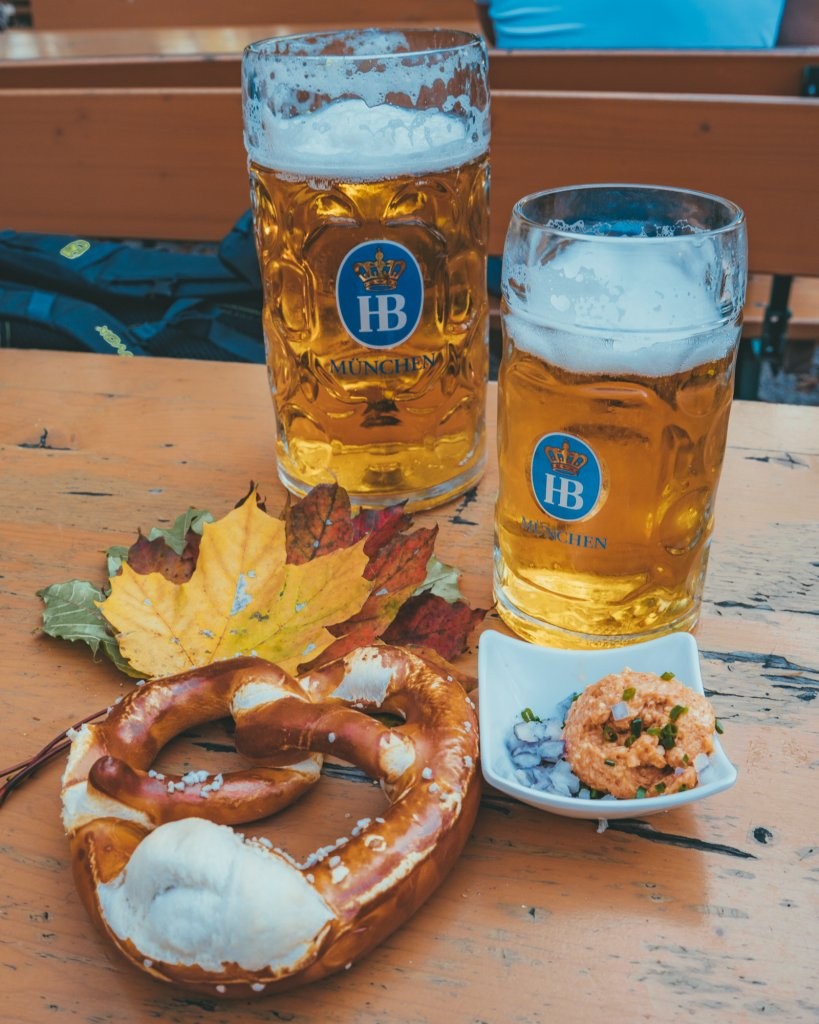 Hitchhiking offers unique experiences but requires caution and adaptability for safe travels
Hitchhiking offers unique experiences but requires caution and adaptability for safe travels
5. How Can Train Deals Help In Traveling Europe On A Budget?
Train travel in Europe can be affordable with the right deals and planning. Booking early, utilizing group tickets, and taking advantage of discounts can significantly reduce costs. According to Rail Europe, booking train tickets at least 90 days in advance can save up to 40% on fares.
Strategies for affordable train travel:
- Book early: Prices increase as the travel date approaches.
- Look for group tickets: Many regions offer discounts for groups traveling together.
- Check for discounts: Students, seniors, and young travelers may be eligible for reduced fares.
- Consider a train pass: Eurail passes can be cost-effective for extensive travel.
- Travel during off-peak hours: Avoid rush hour for lower fares and less crowded trains.
Examples of regional train deals:
- Bayern Ticket (Germany): Unlimited travel for up to 5 people in Bavaria for a day.
- GoPass 1 (Belgium): One-way travel anywhere in Belgium for those under 26.
- Interrail Pass: Allows unlimited travel in multiple European countries.
- BritRail Pass: Specifically for travel within Great Britain.
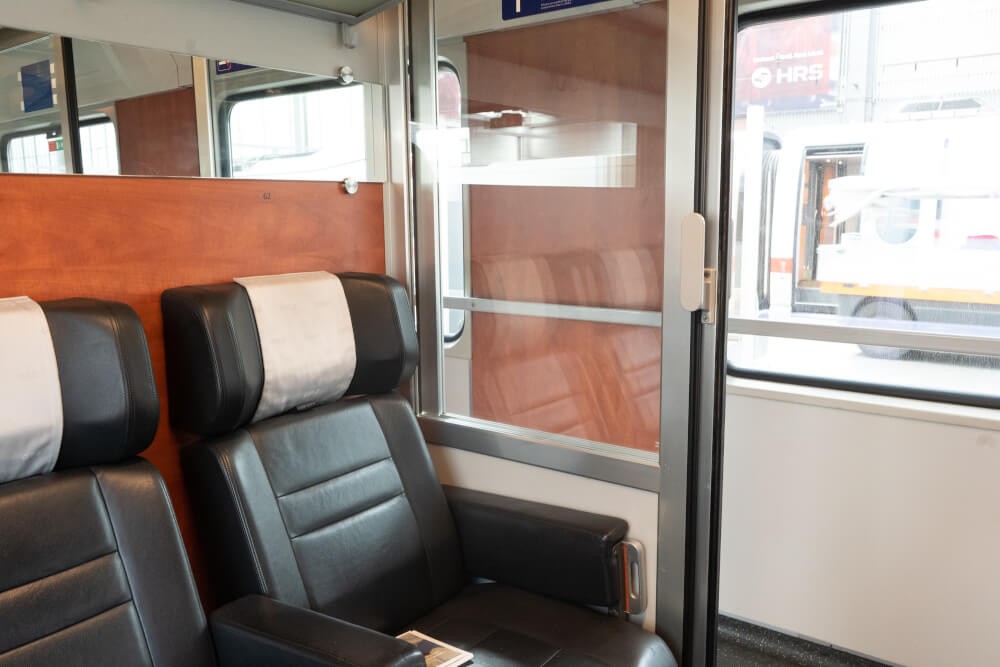 Scenic train journeys can be affordable with early booking and regional discounts
Scenic train journeys can be affordable with early booking and regional discounts
6. Is Renting A Car A Good Way To Travel Europe Cheaply?
Renting a car in Europe offers flexibility but may not be the cheapest option due to hidden costs like insurance, tolls, and drop-off fees. According to a 2023 report by Auto Europe, the average cost of renting a car in Europe is €30-€50 per day, excluding additional fees.
Factors to consider when renting a car:
- Rental costs: Compare prices from different rental companies.
- Insurance: Ensure you have adequate coverage to avoid unexpected expenses.
- Tolls and vignettes: Many countries require payment for highway use.
- Drop-off fees: Returning the car to a different location can incur significant charges.
- Fuel costs: Factor in the price of gas, which varies across Europe.
- Parking fees: Cities often have expensive parking.
Tips for saving money on car rentals:
- Use comparison websites: Expedia can help you find the best deals.
- Book in advance: Prices tend to be lower when you book early.
- Consider smaller cars: More fuel-efficient and easier to park.
- Check for discounts: AAA or other memberships may offer reduced rates.
- Avoid airport rentals: Rental locations in cities are often cheaper.
- Use coupon codes: Extensions like Honey can automatically find discounts.
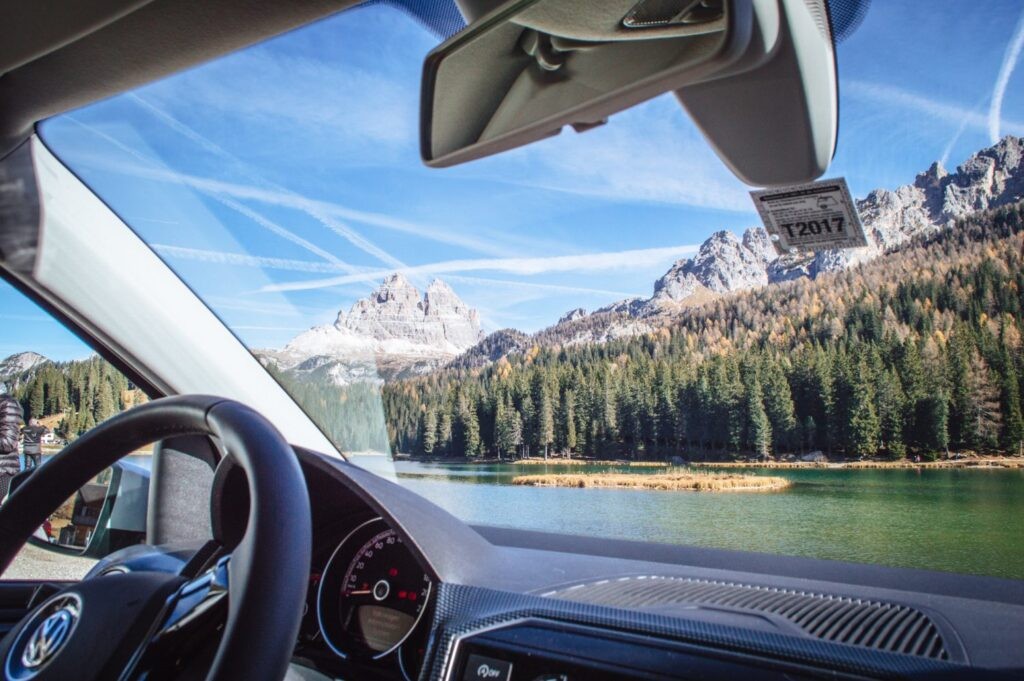 Driving offers freedom but requires careful planning to manage costs effectively
Driving offers freedom but requires careful planning to manage costs effectively
7. What Are The Best Budget-Friendly Accommodations In Europe?
Finding affordable accommodation is key to low cost travel Europe. Hostels, guesthouses, and budget hotels offer comfortable and inexpensive options. According to Hostelworld, the average price for a hostel bed in Europe ranges from €15 to €30 per night.
Types of budget accommodations:
- Hostels: Great for solo travelers and those looking to meet people.
- Guesthouses: Offer a more personal experience with local hosts.
- Budget hotels: Provide basic amenities at affordable prices.
- Airbnb: Can be a good option for groups or longer stays.
- Couchsurfing: Free accommodation in locals’ homes.
Tips for saving money on accommodation:
- Book in advance: Prices tend to increase closer to the travel date.
- Travel during the off-season: Lower demand means lower prices.
- Consider staying outside city centers: Accommodation in the suburbs is often cheaper.
- Look for deals: Websites like Booking.com and Expedia offer discounts.
- Read reviews: Ensure the accommodation is safe and clean.
8. How To Eat Cheaply While Traveling In Europe?
Eating cheaply in Europe involves smart choices and exploring local markets. Cooking your own meals, eating street food, and taking advantage of free breakfast options can save you a lot of money. According to a survey by Budget Your Trip, the average daily food cost for budget travelers in Europe is €20 to €30.
Strategies for affordable eating:
- Cook your own meals: Buy groceries from local markets and prepare your own food.
- Eat street food: Enjoy delicious and affordable snacks from street vendors.
- Take advantage of free breakfasts: Many hostels and hotels offer free breakfast.
- Look for lunch specials: Restaurants often have discounted lunch menus.
- Avoid tourist traps: Restaurants in popular tourist areas tend to be more expensive.
- Picnics: Pack a lunch and enjoy it in a park or scenic spot.
- Happy Hour: Take advantage of discounts on drinks and appetizers.
9. What Are Some Free Activities To Enjoy In Europe?
Many European cities offer free activities that allow you to experience the local culture without spending money. Walking tours, museums with free admission days, and exploring parks can provide enriching and budget-friendly experiences. According to a list compiled by European Best Destinations, many major cities offer free walking tours that cover historical landmarks and cultural highlights.
Examples of free activities:
- Free walking tours: Explore cities with knowledgeable local guides.
- Museums with free admission days: Many museums offer free entry on certain days or evenings.
- Parks and gardens: Relax and enjoy the natural beauty of Europe’s parks.
- Churches and cathedrals: Visit stunning religious landmarks.
- Public art installations: Discover art in public spaces.
- Local markets: Browse through vibrant markets and sample local products.
- Hiking: Enjoy scenic trails in the mountains and countryside.
10. What Are Some Essential Tips For Low Cost Travel Europe?
Essential tips for low cost travel Europe include planning ahead, traveling during the off-season, and taking advantage of free activities. Being flexible with your travel dates and destinations, using public transportation, and budgeting wisely can help you save money and enjoy your trip to the fullest. According to a guide by Lonely Planet, traveling in the shoulder seasons (spring and fall) can offer significant savings on flights and accommodation.
Key tips for budget travel:
- Plan ahead: Research and book accommodations and transportation in advance.
- Travel during the off-season: Avoid peak tourist times for lower prices.
- Be flexible: Consider alternative destinations and travel dates.
- Use public transportation: Buses and trains are often cheaper than taxis or rental cars.
- Budget wisely: Track your expenses and stick to your budget.
- Take advantage of free activities: Explore parks, museums with free days, and free walking tours.
- Pack light: Avoid checked baggage fees on budget airlines.
- Stay connected with Free Wi-Fi: Utilize free Wi-Fi hotspots to save on data charges.
For convenient airport transfers, hotel bookings, and guided tours in Hanoi, visit SIXT.VN. Contact us at Address: 260 Cau Giay, Hanoi, Vietnam, Hotline/Whatsapp: +84 986 244 358, Website: SIXT.VN.
SIXT.VN provides reliable and affordable services to make your visit to Hanoi seamless and enjoyable.
FAQ About Low Cost Travel Europe
What is the best time of year for low cost travel Europe?
The best time for low cost travel Europe is during the shoulder seasons (April-May and September-October).
How can I find cheap flights to Europe?
Use flight comparison websites like Skyscanner and Omio, book in advance, and be flexible with your travel dates.
Are Eurail passes worth the cost?
Eurail passes can be cost-effective for extensive train travel, especially if you plan to visit multiple countries.
What are some free things to do in Europe?
Free activities include walking tours, visiting parks, and exploring museums with free admission days.
How can I save money on food in Europe?
Cook your own meals, eat street food, and take advantage of free breakfast options.
Is it safe to hitchhike in Europe?
Hitchhiking is generally safer in Eastern Europe and the Balkans but always exercise caution.
What are the best budget airlines in Europe?
Ryanair, EasyJet, and Wizz Air are popular budget airlines with extensive route networks.
How can I find affordable accommodation in Europe?
Consider hostels, guesthouses, and budget hotels, and book in advance for better deals.
What are some hidden costs to watch out for when renting a car in Europe?
Hidden costs include insurance, tolls, drop-off fees, and fuel costs.
How can I stay connected while traveling in Europe without incurring high data charges?
Utilize free Wi-Fi hotspots in cafes, libraries, and public spaces, or consider purchasing a local SIM card for more affordable data plans.



